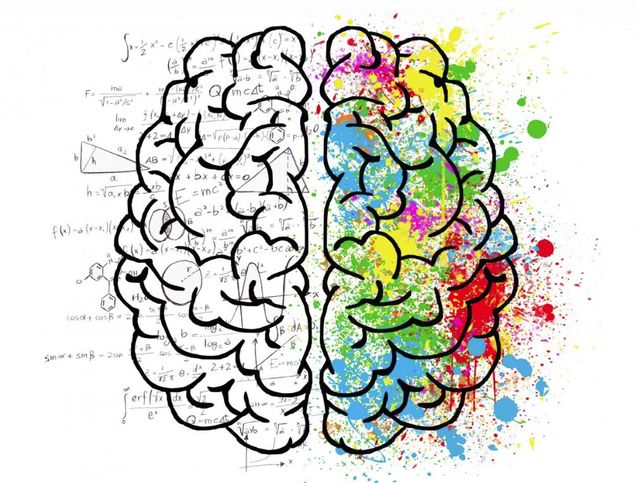
Despite it being something we spend a lot of our life doing, sleep is still quite poorly understood.
Don’t let this alarm you though. As a species it’s quite crazy to read up on things we don’t know much about. For example, paracetamol. Yes, one of the most commonly used drugs today is still a bit of a mystery to us; we don’t really understand how it kills pain. Same with hospital anaesthetic; we have no real idea of how that works. But anyways onto sleep. Sleep is believed to be for development and repair of the mind and body and there are different stages of sleep. Some which result in dream sleep, and others which are more “shallow.” REM sleep is something you’ve probably heard of before, it stands for RAPID EYE MOVEMENT, and when you’re in this stage of sleep you’ll almost definitely be dreaming. It’s considered the deepest form of sleep and is where all the good stuff happens.
Research suggests that there are many things that can interrupt REM sleep, and that it’s not all about how much sleep you get, it’s about the quality of it too. One study showed that an adult male who only gets 5-6 hours of sleep a night has the same testosterone levels of someone 10 years his senior, clearly showing the importance of sleep. But once you deprive your body of REM sleep for so long, it starts to have some quite scary effects honestly.
When you stay in a hotel room, for example, even if you get 8 hours sleep you might find yourself feeling a bit groggy throughout the day. This is because your brain recognises a foreign environment, and doesn’t let you fall into a deeper sleep, which is seemingly some far back primal function which has been embedded into us from the days we were in the wild. Now, a few nights of lost REM sleep is fine, but imagine a few years; that’s where things get interesting. Frequent drinking and dusk-to-dawn cannabis users have been found to have far far less REM sleep, as these chemicals inhibit it. Many alcoholics, if they go cold turkey, experience quite severe delirium in some cases, which essentially means they become confused, disoriented, and may experience auditory and visual hallucinations. This is from your body catching up with you. Cannabis smokers who have quit for “challenges” and such, reported much more vivid and frequent dreams after quitting. Joe Rogan spoke about his experience with this on an episode of his podcast. This is your brain dreaming in REM sleep. But, it also has some very clever function which knows how much REM sleep has been lost over time, as it tries extra hard to get it back. This is where delirium is sometimes experienced. Your brain isn’t used to being able to dream so freely, so it’s trying to make up for all the lost REM sleep… whilst you’re awake and conscious.
Delirium is a rather common symptom of alcohol withdrawal, and there have been many cases of this, and there will be many more. Yet it’s hard to FULLY understand why your brain does all this, as the very “why’s” and “how’s” of sleep are still relatively poorly understood, which is quite humbling.





